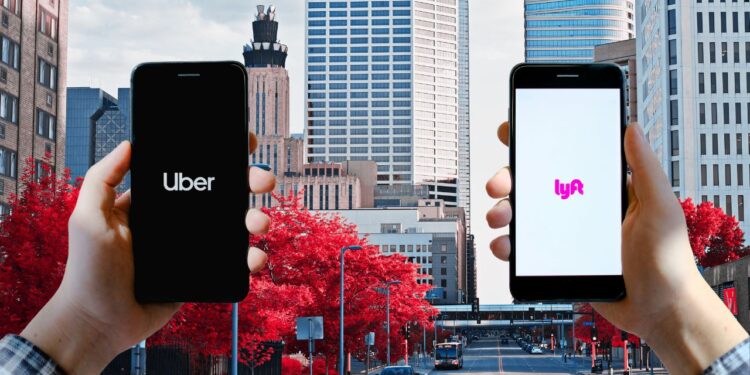Uber and Lyft’s have decided to halt operations in the city of Minneapolis starting May 1, 2024, due to the city’s new minimum wage ordinance for rideshare drivers.
The move reflects the growing tension between companies that embrace gig economy business models and regulatory efforts to ensure fair labor standards.
According to a report published by Reuters, the Minneapolis City Council voted in favor (10-3) to override May Jacob Frey’s veto of a minimum wage for rideshare drivers. The ordinance allows rideshare drivers to be paid the local minimum wage of $15.57 per hour.
As the gig economy continues to expand worldwide, the debate over minimum wage laws and their application to independent contractors has come to the forefront. Recently, the European Union member states had endorsed a set of draft rules aimed at improving protections for gig economy workers. In Australia, a proposed law in 2023 aims to define “employee-like workers” within the gig economy, encompassing individuals who deliver food or drive for platforms including Uber or DoorDash.
As the future of work evolves, policymakers and businesses must find ways to balance innovation, worker rights, and consumer demand. The outcome of the Minneapolis minimum wage dispute could set a precedent for other U.S. cities grappling with similar gig economy-related issues — ultimately shaping the landscape of the gig economy and the broader labor market.


 Dr. Gleb Tsipursky – The Office Whisperer
Dr. Gleb Tsipursky – The Office Whisperer Nirit Cohen – WorkFutures
Nirit Cohen – WorkFutures Angela Howard – Culture Expert
Angela Howard – Culture Expert Drew Jones – Design & Innovation
Drew Jones – Design & Innovation Jonathan Price – CRE & Flex Expert
Jonathan Price – CRE & Flex Expert











